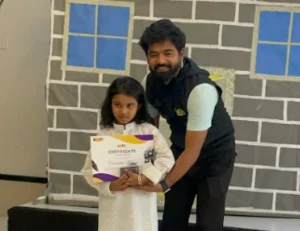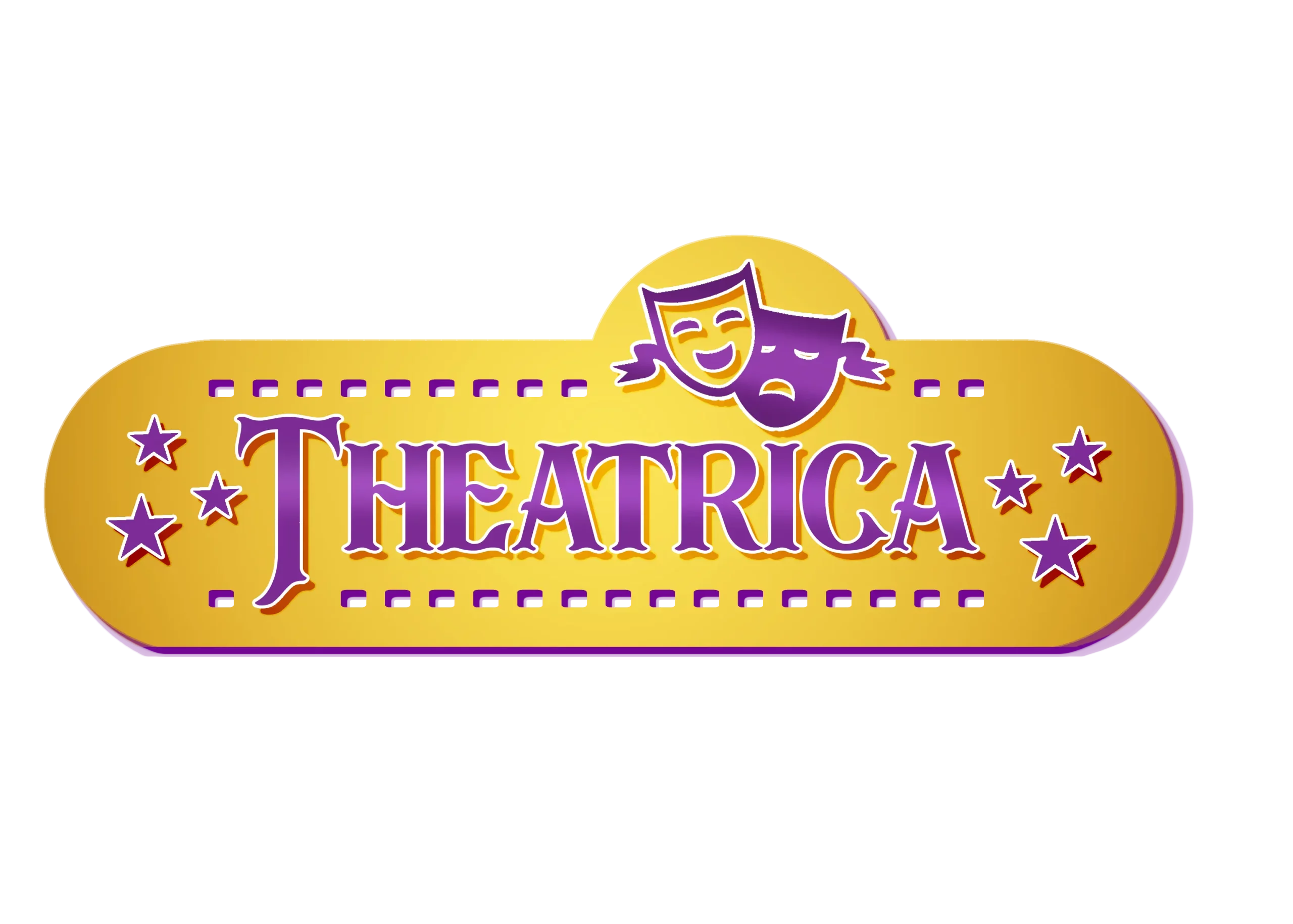Starting a School Theatre Program: A Complete Guide
Table of Contents
Introduction
Introducing a theatre program at your school can be a transformative experience for students, enhancing their creativity, confidence, and teamwork skills. Whether you’re an educator looking to expand your school’s extracurricular offerings or a parent advocating for more arts education, establishing a theatre program is a rewarding endeavor. In this guide, we will walk you through the essential steps and considerations involved in launching a successful theatre program at your school. From planning and recruiting to curriculum development and performance logistics, we’ll cover everything you need to know to bring the magic of theatre to your students.
Understanding the Benefits of Theatre in Education
Before diving into the practicalities, it’s crucial to recognize the numerous benefits that theatre education offers to students. Theatre promotes creativity, critical thinking, and self-expression. It enhances communication skills, boosts confidence, and fosters empathy and collaboration among participants. By engaging in theatrical activities, students develop a deeper understanding of literature, history, and culture while honing their performance abilities. These skills are invaluable not only in academic settings but also in preparing students for future personal and professional endeavors.
Step-by-Step Guide to Starting a Theatre Program
1. Assessing Interest and Building Support
Before diving into the practicalities, it’s crucial to recognize the numerous benefits that theatre education offers to students. Theatre promotes creativity, critical thinking, and self-expression. It enhances communication skills, boosts confidence, and fosters empathy and collaboration among participants. By engaging in theatrical activities, students develop a deeper understanding of literature, history, and culture while honing their performance abilities. These skills are invaluable not only in academic settings but also in preparing students for future personal and professional endeavors.
2. Creating a Vision and Mission
Define the goals and objectives of your theatre program. Consider what you hope to achieve through theatre education—whether it’s fostering creativity, promoting inclusivity, or enhancing academic performance. Outline a clear mission statement that reflects these aspirations and serves as a guiding principle throughout the program’s development.
3. Securing Resources and Funding
Identify the resources and funding needed to launch and sustain your theatre program. This may include securing a dedicated rehearsal space, acquiring equipment and materials, and covering expenses for costumes and props. Explore fundraising opportunities, grants, and partnerships with local businesses and arts organizations to support your initiative.
4. Recruiting Trained Staff and Volunteers
Recruit qualified theatre instructors who are passionate about working with students and have experience in theatre production and education. Consider collaborating with local artists, directors, and theatre professionals who can serve as guest instructors or mentors. Engage parent volunteers and alumni who can assist with rehearsals, set design, and other logistical tasks.
5. Developing Curriculum and Lesson Plans
Design a comprehensive curriculum that aligns with educational standards and integrates theatre into the school’s academic framework. Include a variety of theatre disciplines such as acting, stagecraft, improvisation, and script analysis. Tailor lesson plans to accommodate different learning styles and abilities, ensuring inclusivity and engagement for all students.
6. Planning Productions and Performances
Plan a diverse repertoire of productions that cater to the interests and abilities of your students. Select plays, musicals, or original works that are age-appropriate and relevant to your school community. Coordinate production timelines, auditions, rehearsals, and technical rehearsals to ensure smooth execution and maximum participation from students.
7. Promoting Student Engagement and Participation
Encourage student involvement in all aspects of theatre production, from acting and directing to stage management and costume design. Offer workshops and extracurricular activities that complement classroom instruction and provide opportunities for skill development and creative exploration. Foster a supportive and inclusive environment where students feel empowered to take risks and express themselves freely.
8. Building Community Partnerships and Outreach
Forge partnerships with local theatres, arts organizations, and cultural institutions to enrich your theatre program. Collaborate on joint productions, attend performances, and participate in community events that showcase your students’ talents and contributions. Engage families and the broader community through open rehearsals, outreach performances, and fundraising events that highlight the impact of theatre education.
9. Evaluating and Celebrating Success
Regularly assess the effectiveness of your theatre program in achieving its goals and objectives. Solicit feedback from students, parents, and faculty to identify strengths, areas for improvement, and opportunities for expansion. Celebrate student achievements and milestones through showcases, awards ceremonies, and public performances that recognize their hard work and dedication.
10. Sustaining Long-Term Growth and Impact
Ensure the long-term sustainability of your theatre program by establishing policies, procedures, and strategic plans that support ongoing growth and development. Advocate for continued funding and support from school administration, policymakers, and community stakeholders who recognize the value of arts education in nurturing well-rounded individuals and future leaders.
Conclusion
Launching a theatre program at your school is a rewarding journey that enriches the lives of students and strengthens the school community. By providing opportunities for creativity, collaboration, and personal growth, theatre education equips students with skills that extend far beyond the stage. Whether you’re starting small with after-school workshops or planning a full-scale production, Theatrica encourages educators to embrace the transformative power of theatre and inspire the next generation of artists and leaders.
Recent Blogs

Summer Camp pune 2024, Theatrica’s Theatre Camp at GK Gurukul School
Theatrica is proud to have organized an summer camp in pune , offering a opportunity for children to dive into the world of theatre

Discover the Benefits of Theatre Programs for Kids in Pune
Theatre programs have been recognized as a powerful tool for personal development, offering benefits that extend beyond the stage.

The Power of Theatre Education and Fun Activities in Pune for kids
Theatre education can build confidence in kids, and provide practical school activities ideas for nursery kids activities, and more.

